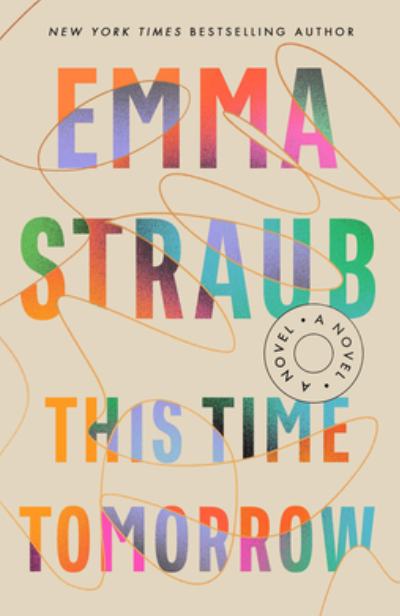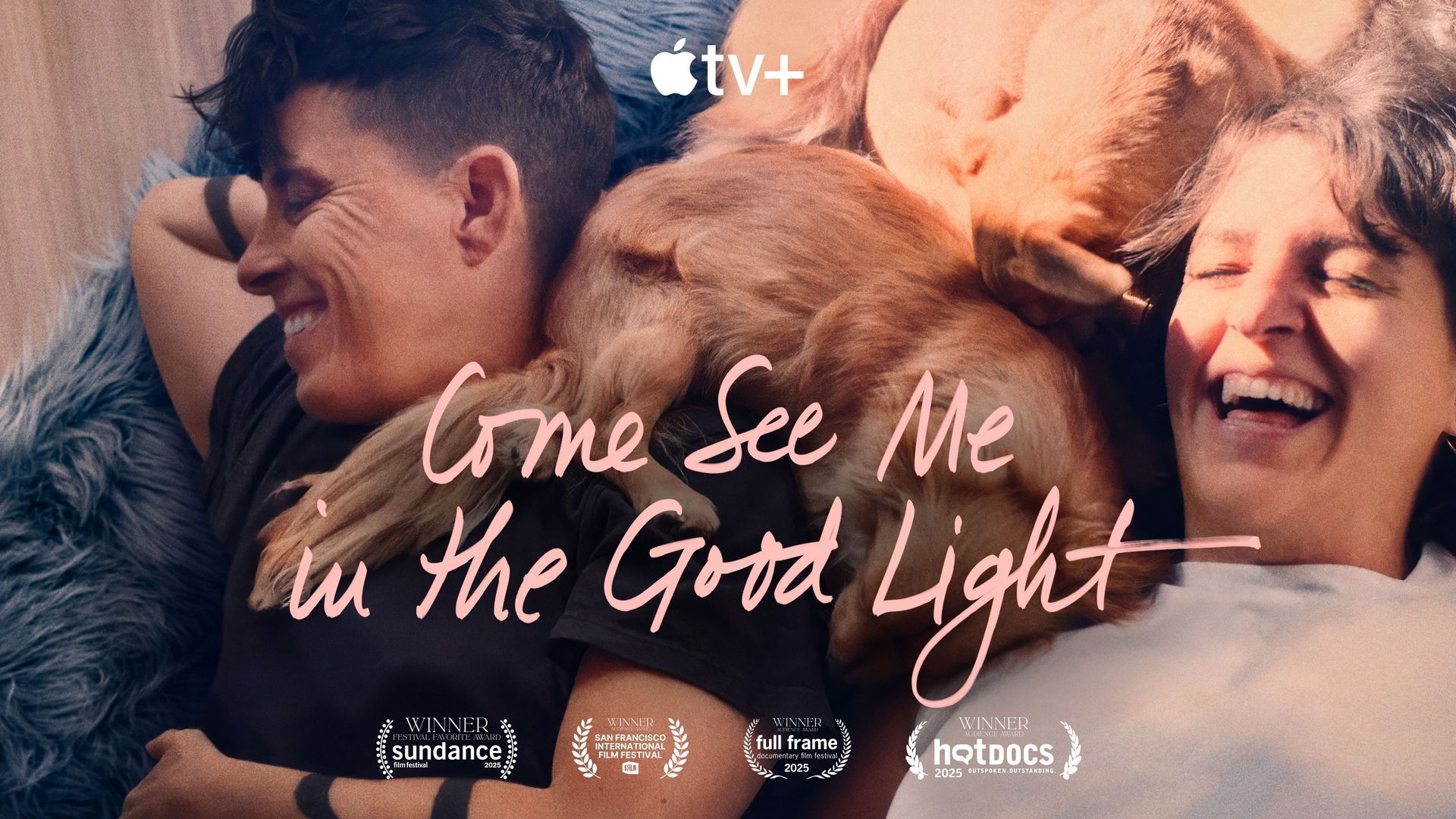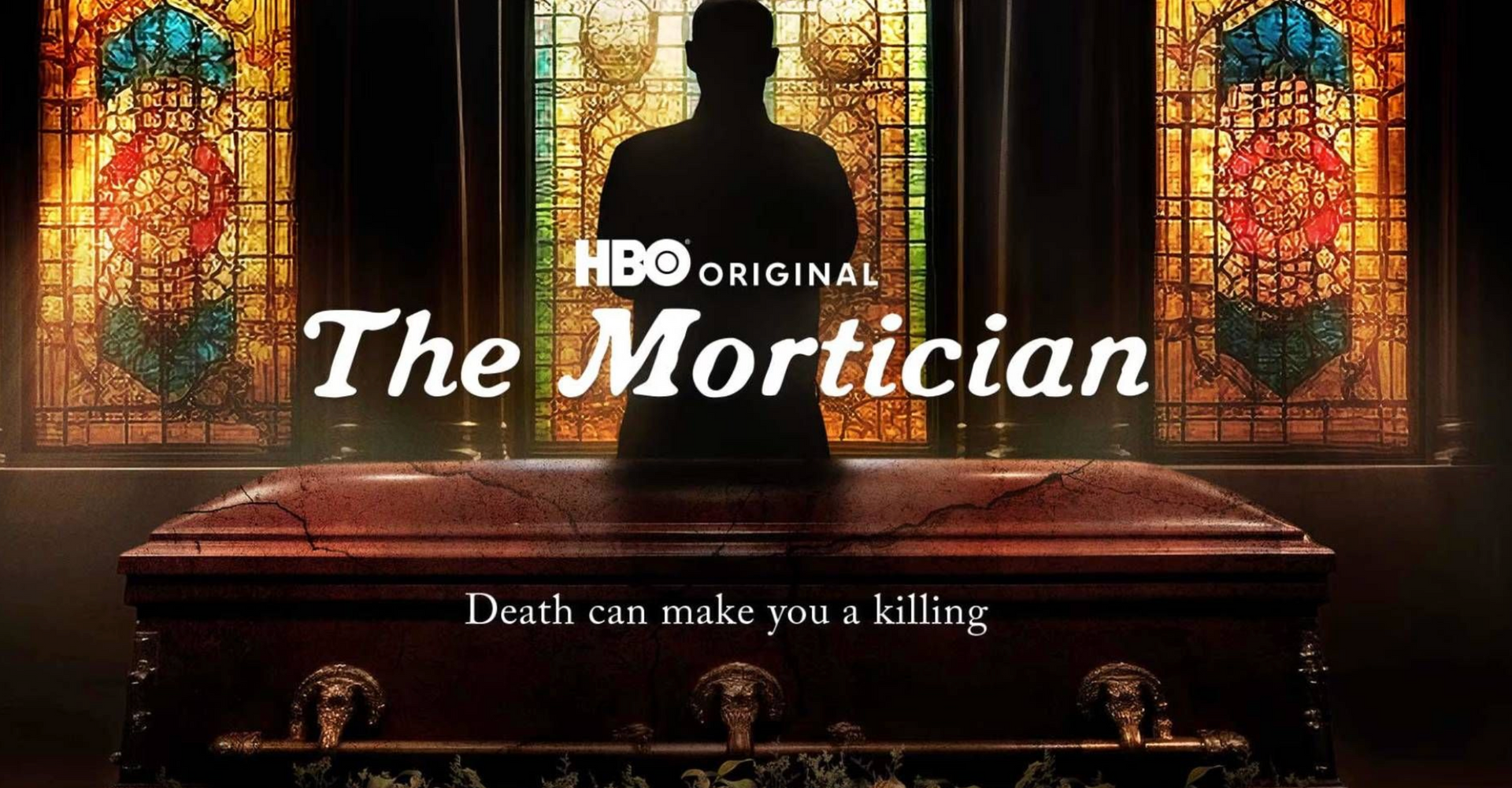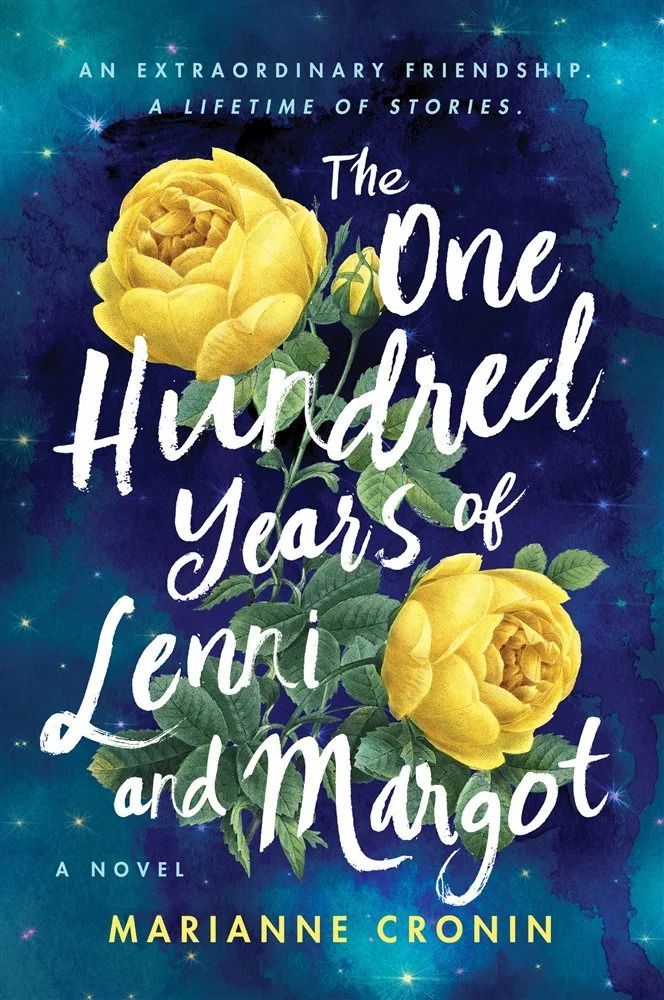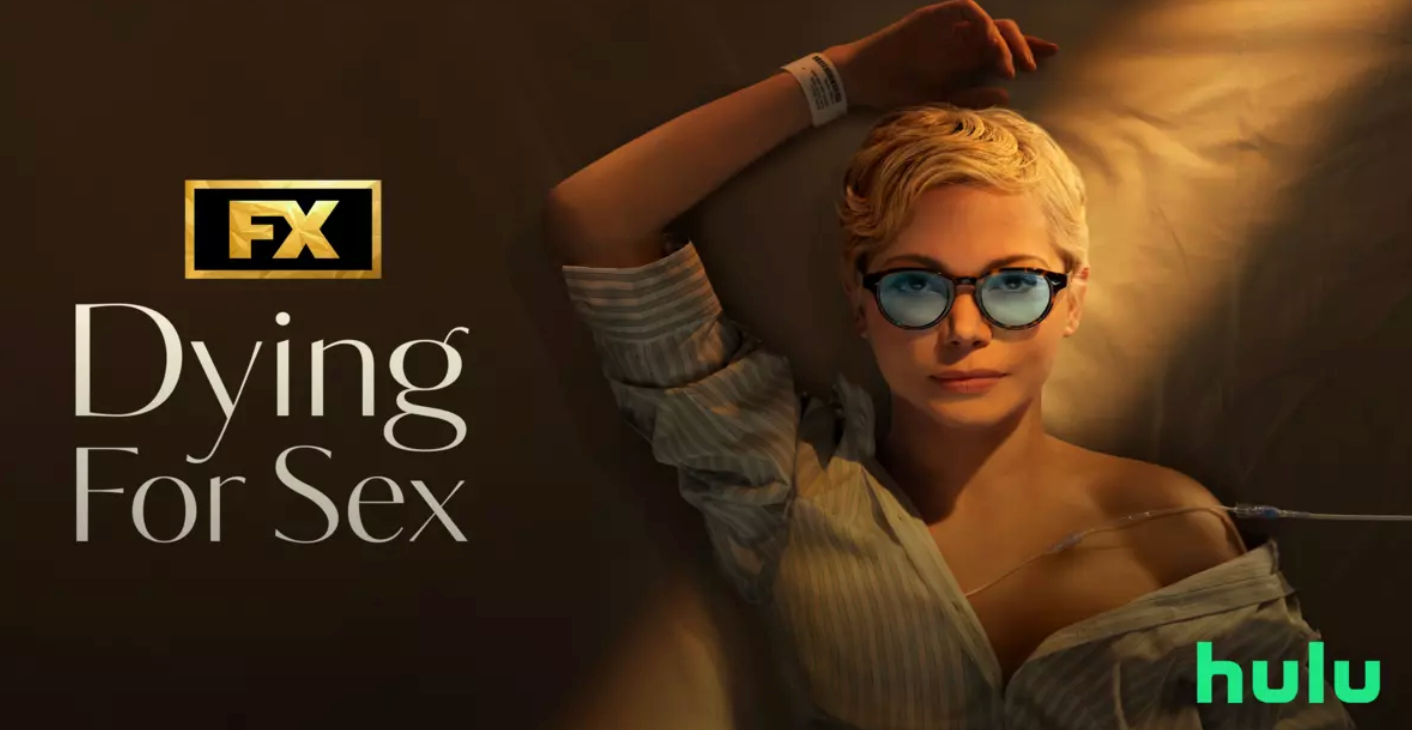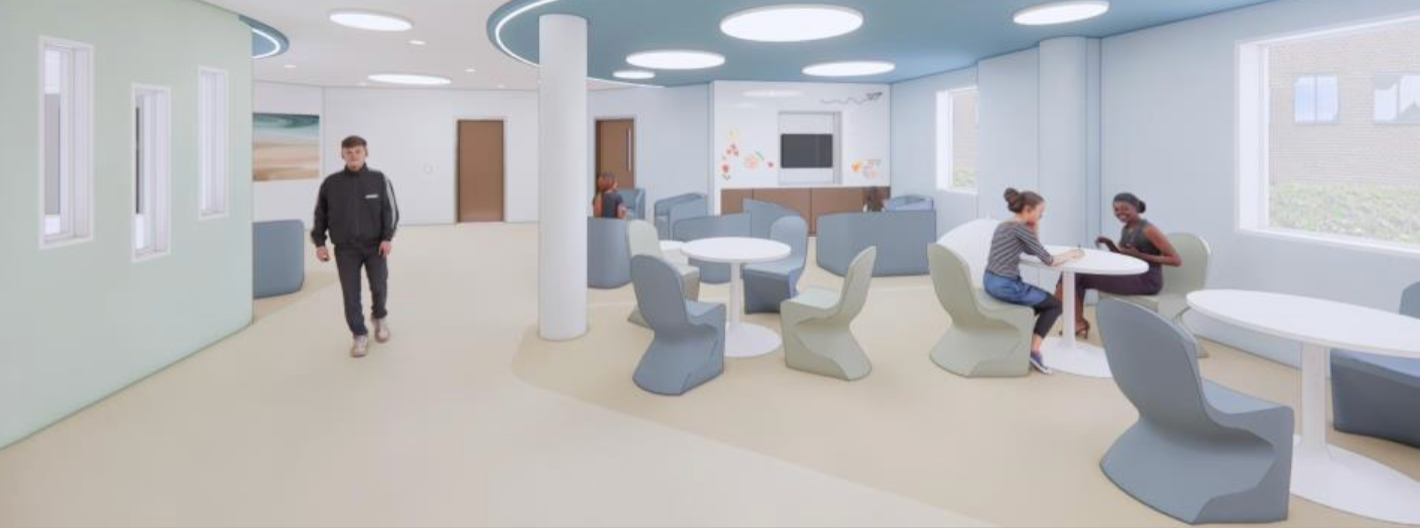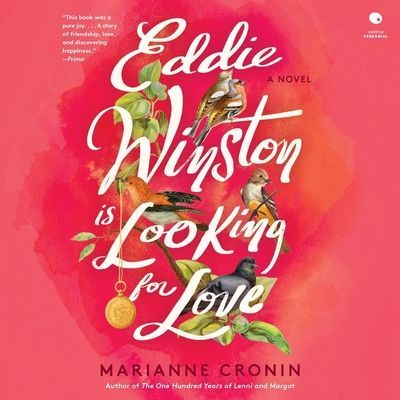Q&A with Julia Brough about Death Doulas
Julia co-founded End of Life Rhode Island, an organization with a mission to educate the public about the role of the end-of-life doula.
When Julia Brough is not sitting in front of a computer, she can sometimes be found by the side of someone who is dying. She is a death doula, also known as an end-of-life doula or death midwife, a growing vocation that is part of a larger movement that is changing how we look at death.
Although the term “death doula” might seem new and different, for thousands of years, societies across the world have had individuals trained in helping the dying. Today, there are about 1600 death doulas throughout the U.S.
Julia sat down with us to talk about her work and the organization she co-founded, End of Life Rhode Island, whose mission is to educate the public about the role of the end-of-life doula, as well as raise public awareness around death, dying, and end-of-life planning and support in Rhode Island.
This interview has been edited and condensed for clarity.
Memorial Funeral Home: So, Julia, tell me what you do and what got you into this work?
Julia Brough: My 9-to-5 is a digital project manager, so I am at a computer a minimum of 40 hours a week. And then during 2020, I was speaking with my therapist at the time, I was just kind of ruminating on being on a computer for the majority of my week. I wanted to explore some other field to get involved in, ironically, during a healthcare shut down.
I said, “What in this space could I do?” And I mentioned to her that I had just gotten a birth doula book, but I wasn't feeling compelled to open it, and she said, “Well, have you ever heard of a death doula?” I immediately went and googled it and found the University of Vermont Certificate program, which is one of the largest certificate programs, and signed up for it. I think it was about eight weeks.
Throughout the program, I said, “This is literally what I'm equipped to do.” It just felt like all the little puzzle pieces were coming together, being a project manager. And really, that's what an end-of-life doula is, we have a point A and a point B. You have to kind of see at a high level and understand what your client wants to accomplish within that time. So it felt like a really nice marriage of everything I have worked towards.
After you get a certificate, there isn't really like a path. You have to either start your own business and have that entrepreneurial energy, or people will go and volunteer with hospice. So I went through the volunteer process with Hope Health. During that time, I was still talking about, “What do I want to do? How do I use this skill?” And I talked about it enough that at a dinner party, someone connected me to Judith Sutphen. Her and I met and we said, “We need a community.” So we started End of Life Rhode Island with the intention of public outreach, professional education, and giving ourselves a space to be together.
We need to educate Rhode Island, like people don't know [what a death doula is]. And she happened to know a cohort of people that had gone through the program or were just really tangentially interested, like funeral celebrants and folks that work in grief therapy at the VA.
We started organizing in 2022. And then we went through our strategic planning last year because we were like, “Okay, who do we want to be when we grow up?” And that was super helpful. Now, we're coming up on a year of having a marketing committee, a professional education committee, we've done a program every month and a public outreach committee.
MFH: That's awesome. And how has the reception been?
Julia: A lot of the first questions are, “How much does it cost?” We're not regulated at this point--some people are doing it for their livelihood, some people don't need to do it for income. I try to price myself at a sliding scale. I'm very flexible. I have a full-time job. I'd like to make some money for the skill set, but also, I'd much rather get the work done.
We most often get asked, "What is the difference between hospice and end-of-life doula work?" And so that's a really interesting question to get.
Mainly hospice is a medical provider and these medical professionals need to meet patients on a schedule. A doula can come at all of those in-between times and sit with their client, work with them, provide caregivers with respite. They are just more hands on deck, basically.
I am 36 and I have talked a lot about this with a lot of my friends, many of them who are just starting a family or they already have kids, and a lot of them have responded with, “I could have really used this service with my aunt, uncle, grandfather, parent as they were dying of cancer.” Like just someone to sit in it with and be available.
MFH: What do you think drew you to this work?
Julia:
I've had a couple experiences that really resonated with me in different ways, one of them being my father died when I was 14 of a sudden heart attack at a a work Halloween party that I was not in attendance of - we were living in California at the time. I never saw him again. He went to the party with my mom, and then the next time I saw him was at the wake in Rhode Island.
And then my two grandmothers passed. My mom's mom, she died in 2018. And my family, they know me to be very deeply emotional. And so there was this cajoling that needed to happen for me to come to her bedside. The whole family was around her deathbed and they reassured me, "Please come here, you can be here. We'll be here with you.”
And then when I got there, I was like, “Oh, my gosh, I don't know if I can handle this.” I was encouraged to sit with her and speak with her, alone. That was incredible. To hold her hand and talk to her was something that I don't think a lot of people are reminded to do.
And then my dad's mom passed, she was very lucid all the way up to the very end. And when she knew I was going through the doula program, she was like, “Will you come and be with me when I die?” She was in Laconia, New Hampshire. And the minute I heard she was not doing well I dropped everything and canceled my Thanksgiving plans with my mom's family. And I drove up there. I was by myself, and I spent two hours holding her hand, talking to her.
I got to experience her receive a prayer from the hospital chaplain. She held so tightly to her old worn scapular - a religious garment - as she nodded along with the prayer. And I relfected “I want to bear witness to that, to everyone's different religious views and like how that culminates at the end.” That was really, really intensely beautiful.
So these three stories kind of laid this foundation. When I learned that I can educate people on showing up and stepping into the death space and that it can be scary and it can be beautiful and you can be there for your people, it is really powerful and I wanted to do that work.
MFH: That's really profound because it feels like we live in a very death-averse society and sometimes very emotionally averse, so to give people that opportunity to take those emotional walls down and give them that space, that's powerful.
Julia: I appreciate you reflecting that back. Our culture and relationship with death here in America is one of holding it all at arms length. This is a generalization of course, there are many cultures within this country that do handle death differently. But as a whole, we struggle with sitting close to death.
I can get a little extreme talking to my friends where I ask a question like, “Have you guys talked about your body disposition planning?” And a lot of them don't want to talk about it. I get it. I have two nieces: five and one years old, and that has definitely changed this journey of stepping deeper into the death care space.
It is scarier now knowing that I will miss time with them. But I try to ease that dread by reminding myself that our truth as humans is that we will all die. And to try to live a full and beautiful life with the time that we have is all we can do.
MFH: You refer to yourself as an emotional human being, does that work to your favor in this work?
Julia: Oh yes, you can still be emotional in that space. Your humanness is what makes you relatable and approachable to those that are going through a very intense time of grief. Doulas are providing their clients with the space and the strength to reach within themselves and navigate this new and final chapter. As well as the caregivers!
We all have these tools within us to advocate for ourselves and lean into vulnerability - we just need a little help from time to time. Doulas don't need to solve any problems. Doulas provide resources and ask questions to help clients travel through the forest of their final chapter.
The work that a doula is doing is showing up and saying, “Okay, we're going to sit in this space. We're going to talk about this, if you want to talk, and you're going to get to whatever that next point is.”
MFH: So, walk me through what you're offering a family. Are you coming in weeks before a terminal diagnosis is given?
Julia: You can start working with an end-of-life doula when you're healthy. One thing I have been doing is hosting death dinners where I make dinner for up to four people and facilitate conversation around death. Even just having these conversations when there are no ailments is a great way to work with a death doula - maybe once a year or so to keep documents up to date.
You can start with working on an end-of-life planner! I have one that is titled, “I'm dead. Now what?” In it you have your passwords, you have who you want to be called upon death, which I love because I'm like, “Oh my gosh all my best friends.” And then there's also a document that we love to promote which is called Five Wishes and that is acknowledged in Rhode Island as your end-of-life document. There's like a whole bunch of things in there that you can circle. I've gone through it with my mom in pencil, and I just kind of reiterate to people that you can go through and change these documents at any point, as life evolves. This will help your end-of-life planning to start early and not be left for the last minute when things get very tied up in immense grief.
Then when there is a timeline due to a diagnosis, working with that client to understand what they want their days to look like, if there are any efforts that they want to get such as recording your life's story, finishing a project that may be half complete, or combing through belongings to give them to friends and family - to name a few.
I'm working with them to understand their body disposition options, because there are options that are not legalized yet in Rhode Island that they can take advantage of elsewhere, whether it be water cremation (aquamation) or human composting (natural organic reduction) or a natural burial verses a green burial.
Then working with them to map out what their memorial would look like, in partnership with a funeral home. A living funeral could be a nice option where the client is able to attend and say their goodbyes, maybe pairing it as an opportunity to give those belongings away either to friends and family or donated in a specific manner (this is also known as Swedish death cleaning).
Also taking time to understand what they want their space at the end of life to look like, feel like, smell like, and sound like. There is such a beautiful sense of autonomy that can be woven into this planning.
Other things that can be planned is if the client would like a pet to be around or if there are people that they do not want to have in their space or if they would like to have their hands and feet lotioned - to again, name a few.
Doulas can help in so many different ways, and it really comes down to what that person's life looks like and what they need and you're kind of tailoring it for them.
MFH: Once someone has died, does the work of the doula continue after that?
Julia: Oh yes, we of course refer back to what the client's wishes are or what the family is comfortable with. Some doulas are available and able to help wash and shroud or dress the body. Putting the body on ice so visitors can come spend time to say final goodbyes. Prepping the body for the various internal changes that it will be going through - especially if it is not to be embalmed. A doula can assist with calling the doctor, calling the funeral home, spearheading that communication so that the loved ones can grieve. Doulas can help caregivers receive various tasks if they are interested in being involved such as opening the window to let the soul out or leading a prayer or song or poem. And finally, doulas can be available for the memorial / funeral / wake to make sure things go smoothly. There are lot of ways a doula can help after death. It is worth noting that not all doulas offer all of these services.
MFH:
Say there are people that you don't want in the room in those last hours or minutes. Do you designate someone within the family to be like, “Hey, you can't come in here?” Or does the doula take on the role of having those hard conversations with family?
Julia: Going back to whatever the client prefers - there definitely can be a bit of mediation involved in this role. Doulas show up as a neutral presence to create space for the dying to live their final days in the best manner they can. Being able to have those hard conversations, it's really guided by the client's wishes or if they are unable to communicate, deferring to what the immediate family would prefer. And maybe there's another way that you could communicate this to the individual. The client may not want the person in their presence physically so you could ask them to write a note instead or send flowers. As a doula, I am happy to have those conversations.
MFH:
Julia, thank you so much for this conversation.
Julia: Thank you! And a should out to the folks I have been working with at End of Life RI, they are an incredible group of humans bringing so much to this corner of the death care space. If you are interested in learning more, we welcome you to join us to learn about our organization at endofliferi.org. And I am always down for a coffee or tea or cocktail to chat more!
Thank you so much for your time and the space.
